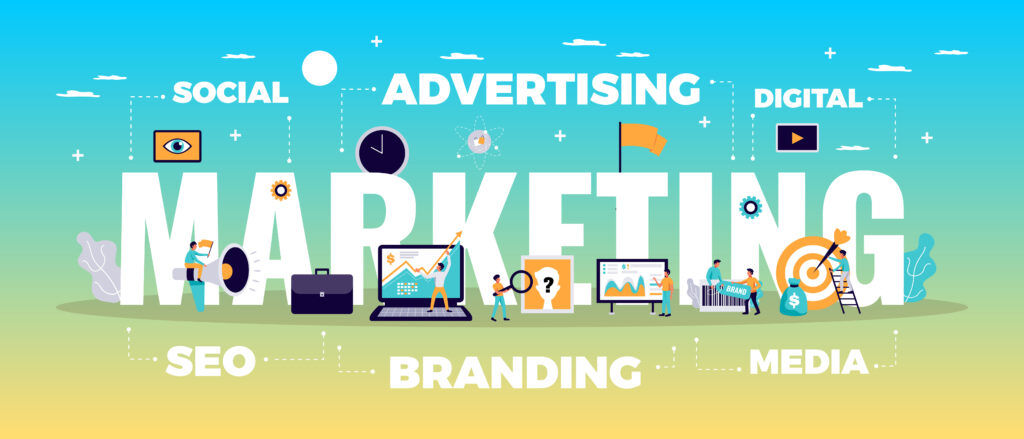Unveiling the Secrets: Exploring the 7 Different Types of Digital Marketing
In today’s digital age, marketing has taken on a whole new level with the introduction of various digital strategies. From […]
Unveiling the Secrets: Exploring the 7 Different Types of Digital Marketing Read Post »


